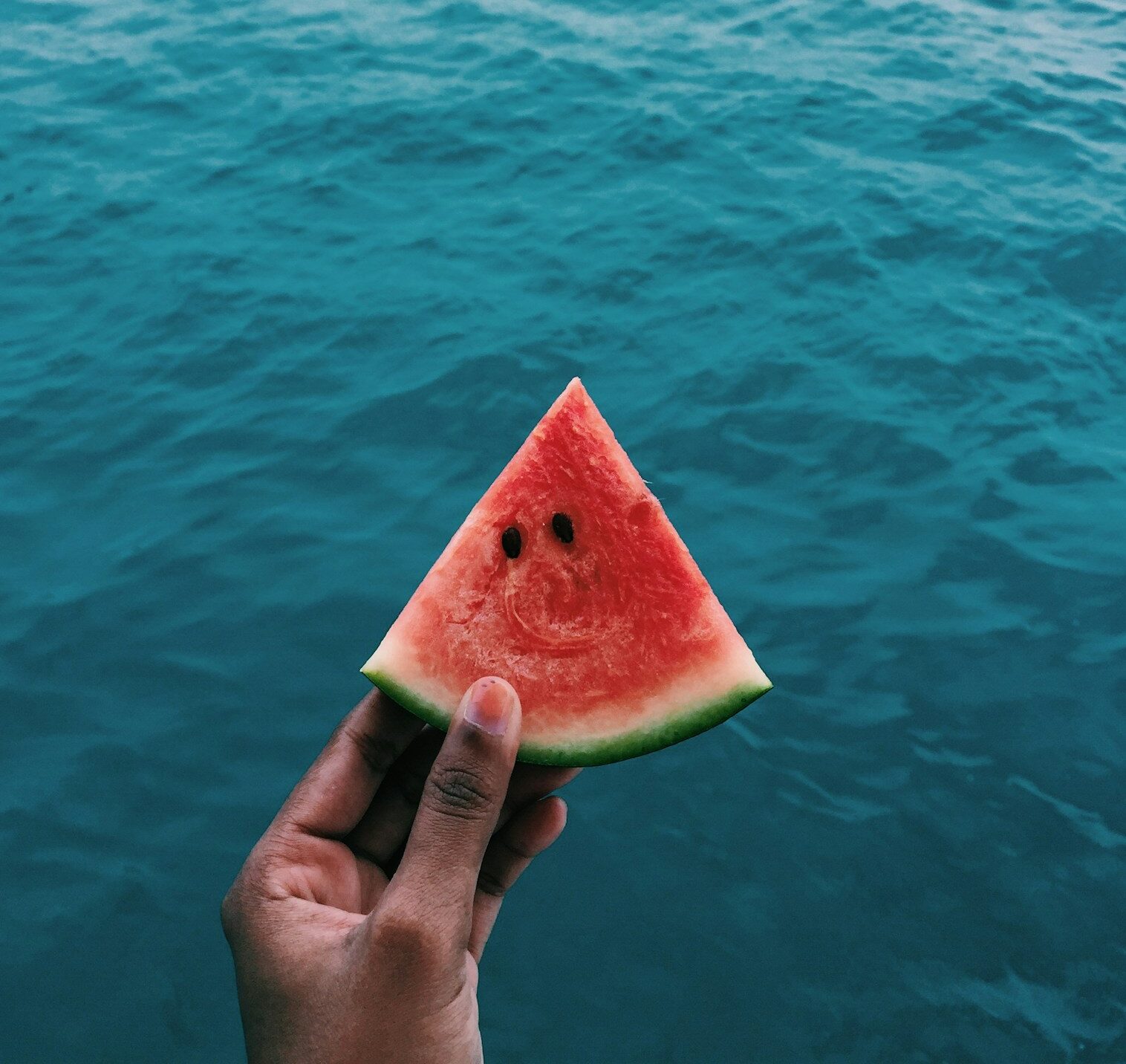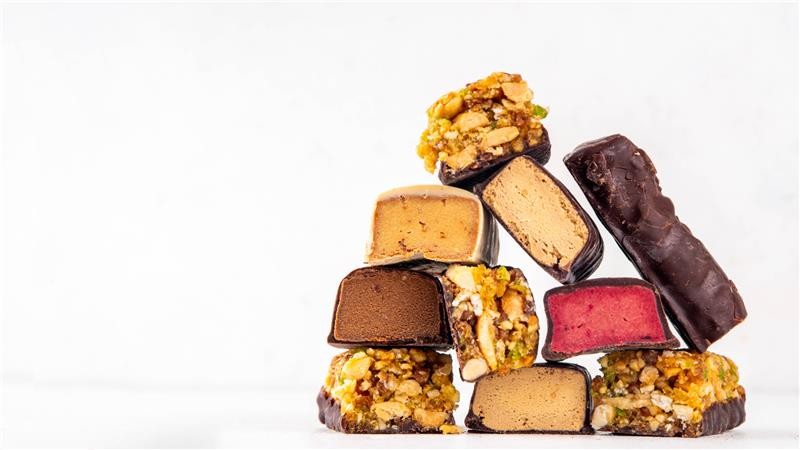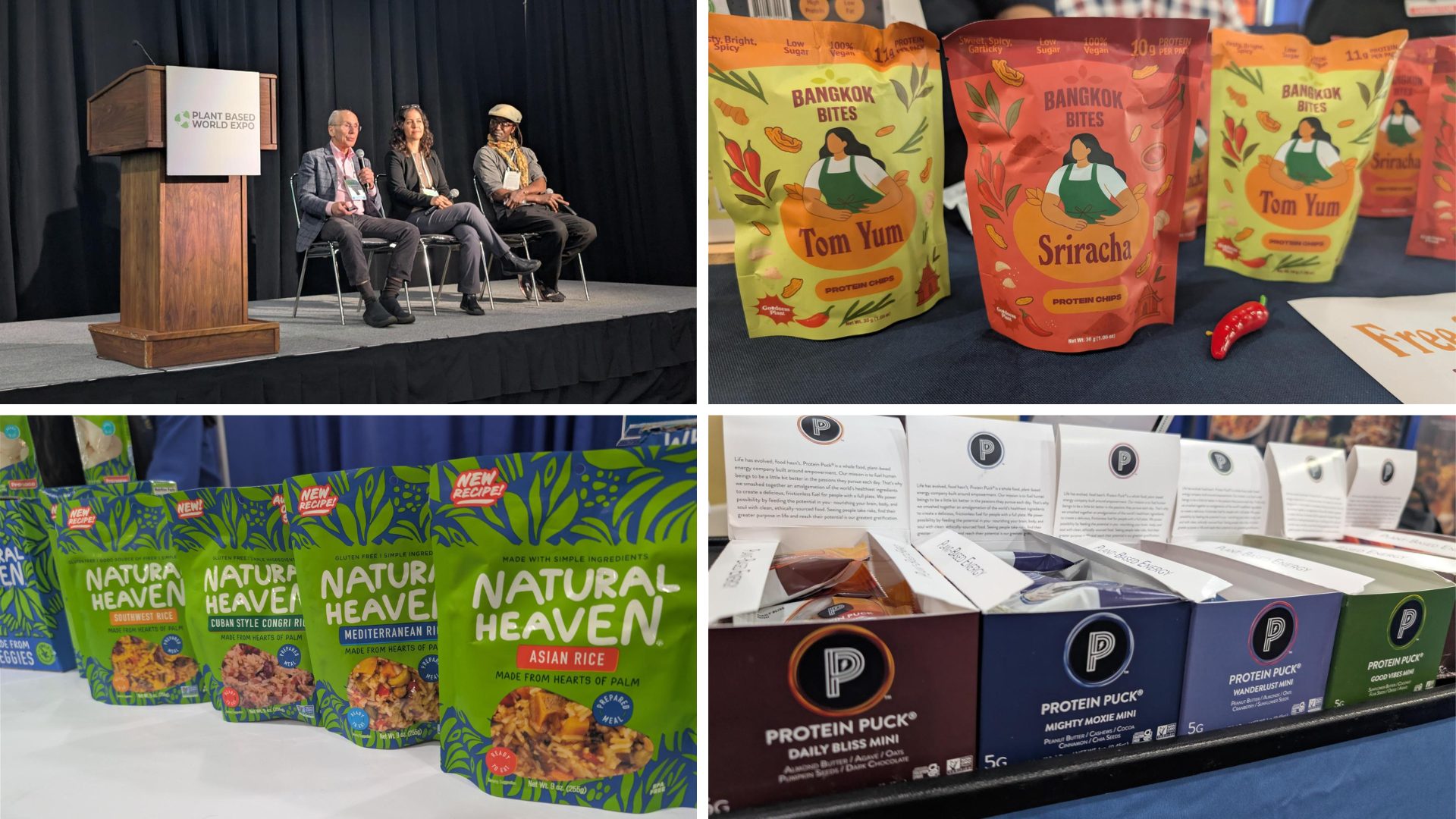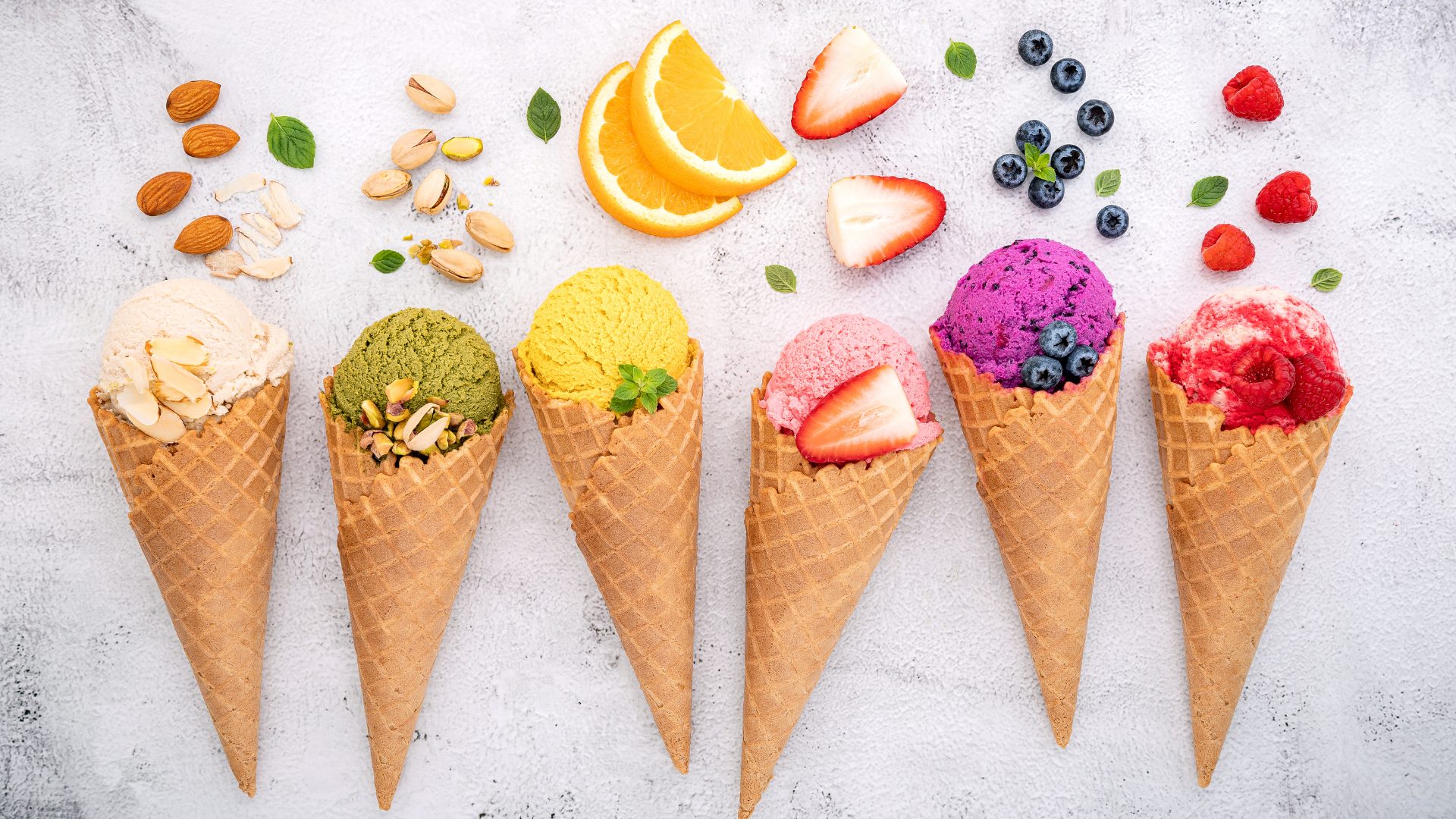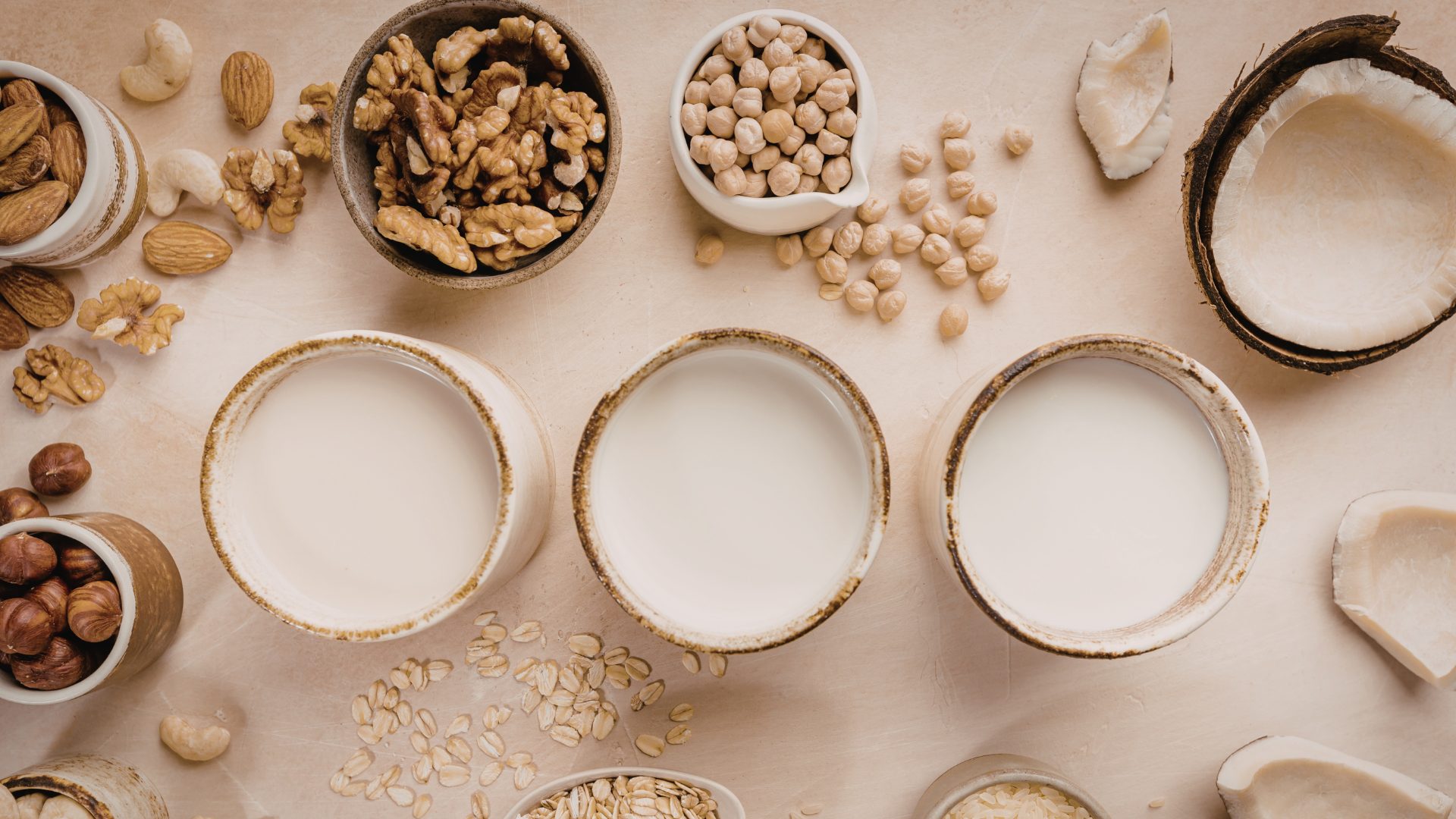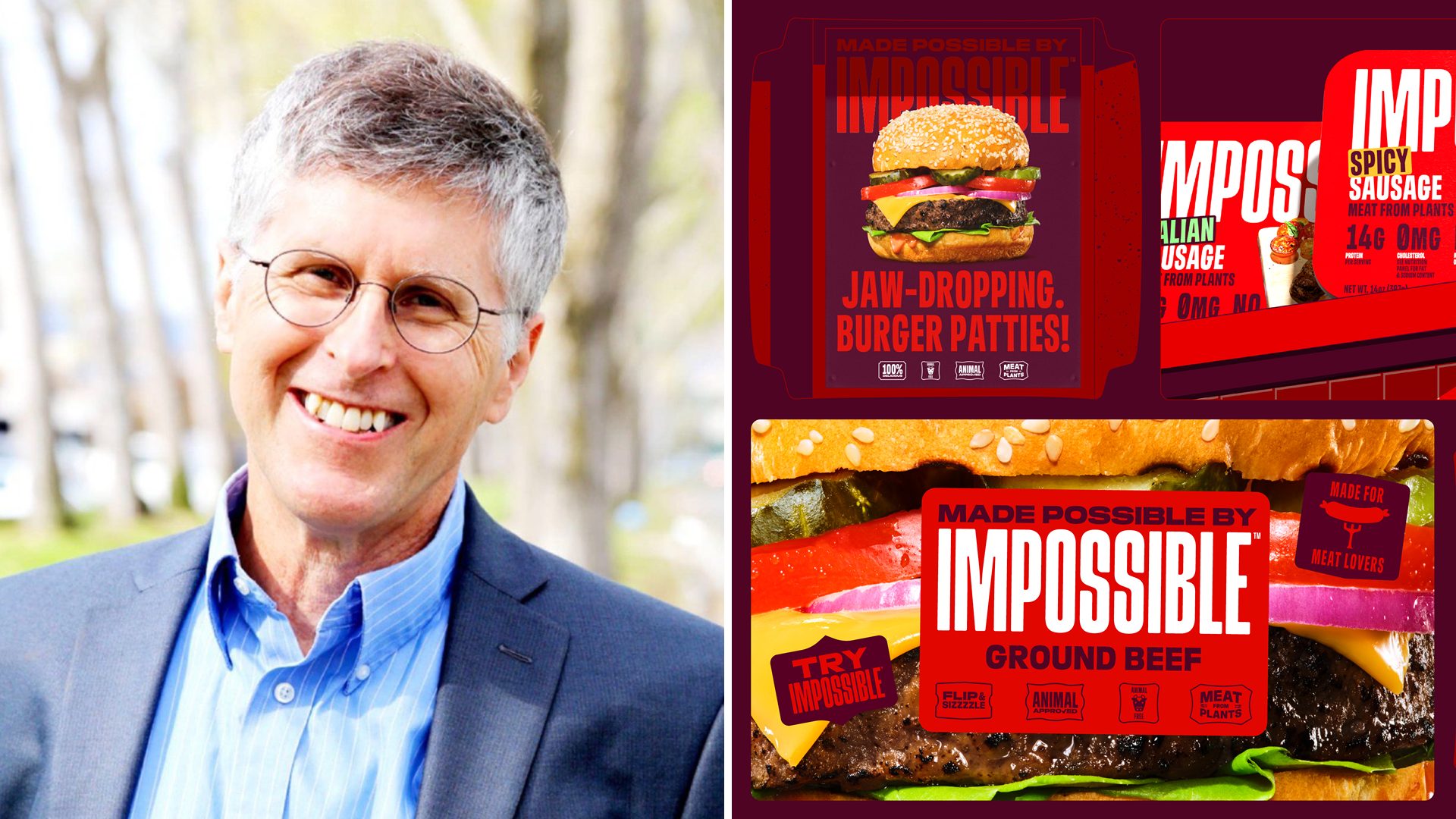Move over, almond milk. There’s a new dairy-free milk alternative in town – and it requires substantially less water to produce.
San Francisco-based startup Força Foods recently launched MILKish, the world’s first watermelon seed milk, which is available in original and vanilla flavors and contains only 50 calories per serving.
The innovative new product is made from a blend of watermelon seeds and pea protein and is free of soy, nuts, and added sugars.
Força Foods was founded in 2021 by Guilherme Maia Silva, an entrepreneur from Brazil who noted the following on the brand’s website: “I pursued Plant Sciences at UC Davis, gaining hands-on experience in organic farming and sustainable agriculture. I discovered that watermelon seeds are not only nutritious … and rich in antioxidants, but also require 99 percent less water to grow than almonds.”
A long-overlooked superfood, watermelon seeds pack more protein than almonds, along with a heaping helping of essential vitamins and healthy fats.
According to Northwestern Health Sciences University, watermelon seeds are rich in magnesium, which plays a key role in energy production and nerve function, as well as blood pressure regulation. The seeds also contain folate, which can help reduce one’s risk for cancer and depression.
From an agriculture perspective, perhaps the most impressive selling point of watermelon seeds is their low water footprint.
While the production methods associated with traditional dairy alternatives are known to be water-intensive, the water footprint of watermelon seeds is purportedly 99% lower than that of almonds.
When compared to other plant-based competitors, watermelon seeds’ water footprint is:
- 90% lower than sesame seeds
- 80% lower than flax seeds
- 72% lower than oats
- 53% lower than soybeans
In addition to their water conservation potential, watermelon seeds also have a lower carbon footprint than both soy and oats.
Força Foods plans to expand MILKish into food service partnerships and retail outlets with the ultimate goal of developing a full line of watermelon seed products that further support sustainable lifestyles and address water scarcity issues stemming from traditional agricultural methods.
The Food Institute Podcast
Restaurant results for the second quarter weren’t stellar, but people still need to eat. Are they turning to their refrigerators, or are restaurants still on the menu for consumers? Circana Senior Vice President David Portalatin joined The Food Institute Podcast to discuss the makeup of the current restaurant customer amid a rising trend of home-centricity.


